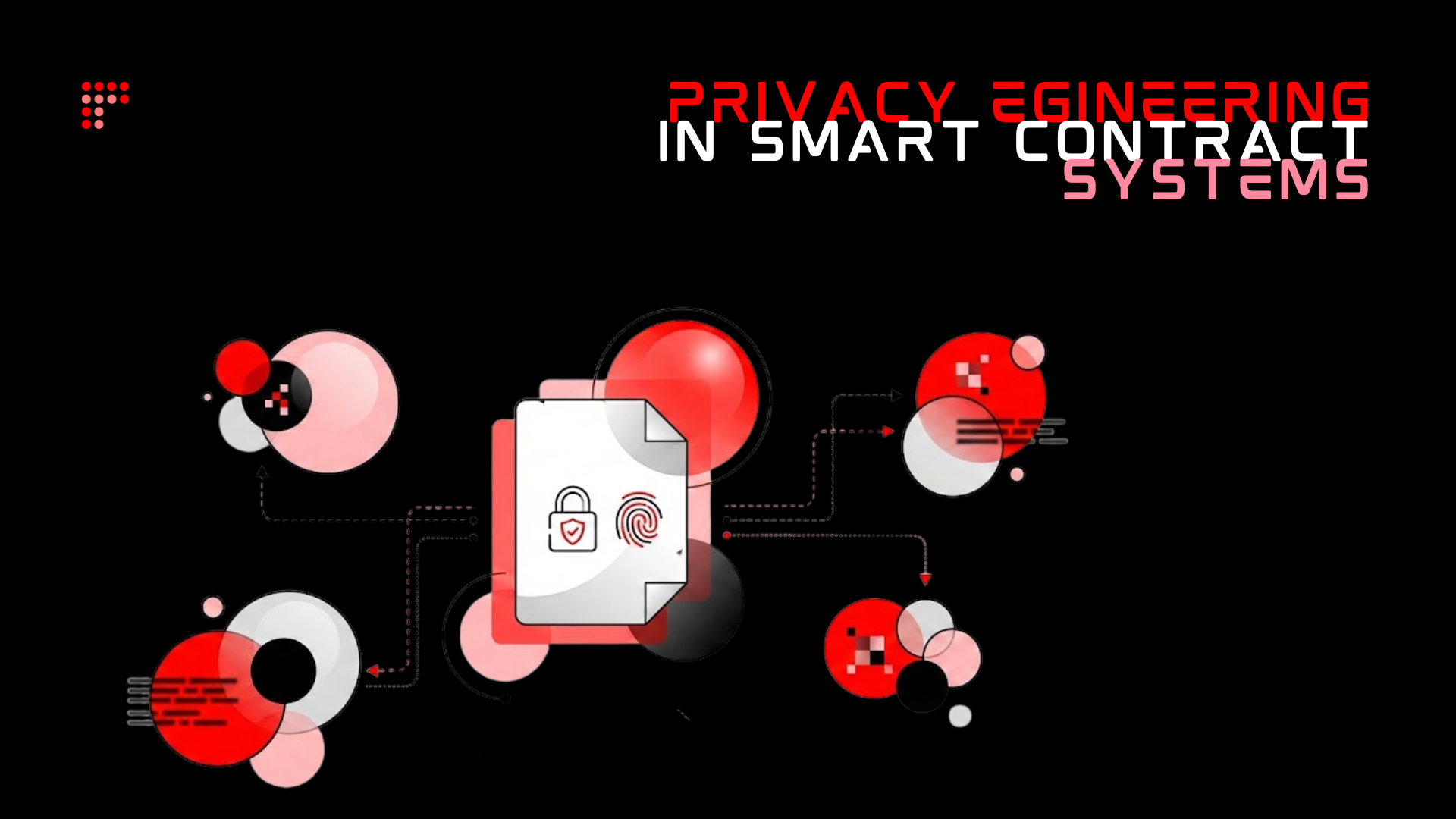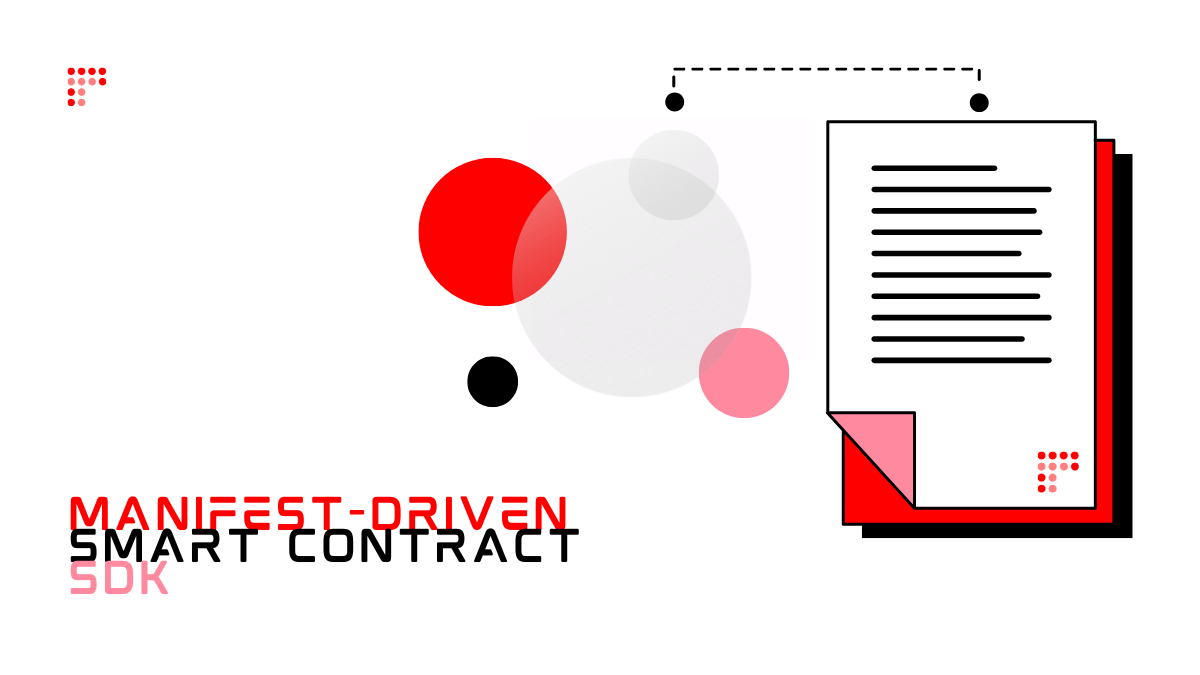After a decade of development, blockchain and smart contracts have become familiar names to the public. Still, many do not know what smart contracts are, how they work, and why they constitute a disruptive force in tech. Here are the top six things that you should know about smart contracts.
1. What is a smart contract?
A smart contract is a self-executing contract with the terms and conditions of an agreement directly encoded into a programmable code. It is automatically executed when certain conditions are met, without the need for intermediaries.
2. How do smart contracts work?
Smart contracts are typically implemented on a blockchain network, where it can be accessed and executed by multiple parties. When a condition specified in the contract is met, the contract automatically executes the agreed upon action, such as transferring money or property. The blockchain network on which the smart contract is deployed provides a tamper-proof and transparent record of the contract and its execution.
Smart contracts can also be programmed to interact with external data feeds, such as stock prices or weather data, which allows them to automatically execute based on real-world events.
3. What are the benefits of using smart contracts?
Smart contracts enjoy numerous benefits, including:
• Efficiency: Smart contracts automate processes and reduce the need for intermediaries, which can save time and money.
• Reduced Costs: By automating processes and reducing the need for intermediaries, smart contracts can also reduce costs.
• Trust and transparency: Smart contracts provide a tamper-proof and transparent record of the contract and its execution, which can increase trust in the agreement.
• Security: Smart contracts are stored on a blockchain network, which provides a secure and decentralized way to execute agreements and prevent from fraud.
• Automation of complex tasks: Smart contracts can be programmed to perform complex tasks, such as financial operations.
• Compliance: Smart contracts can be set up to automatically comply with legal and regulatory requirements.
4. What are the challenges of using smart contracts?
Smart contracts also face several challenges, including:
• Complexity: Smart contracts require a certain level of technical expertise to create and execute, which can make them difficult for non-technical users to understand and use. FeverTokens’ no-code framework is envisioned to help everyone overcome this challenge once and for all.
• Immutability: Once a smart contract is deployed on the blockchain, it cannot be altered. This can be problematic if errors are found in the contract or if the contract needs to be updated to comply with new laws or regulations. FeverTokens addresses this challenge with its unique implementation of the Diamond standard for upgradability. Moreover, FeverTokens’ formal verification technology ensures that errors are eliminated before smart contracts get deployed.
• Legal and regulatory challenges: Smart contracts are still a relatively new technology and there are many legal and regulatory questions that have yet to be fully addressed. Nevertheless, FeverTokens provides easy-to-use compliance services that makes operating your own Web3 business hassle-free.
• Adoption: Smart contract technology is relatively new and not widely adopted yet. It may take time for businesses and individuals to fully understand the benefits and start using smart contracts in their day-to-day operations.
5. How to interact with smart contracts?
Users can interact with smart contracts by sending transactions to them on the blockchain. These transactions can include calls to read data stored on the contract or to execute its functions, such as executing a payment or transfer of assets. You can use wallet software, such as MetaMask, or web3 libraries, to interact with the smart contract on the blockchain. Additionally, web3 applications can be built on top of smart contracts to provide a user-friendly interface for users to interact with the contract's functions.

- © 2025 FeverTokens
- 38 rue Jean-Mermoz, 75008, Paris, France



